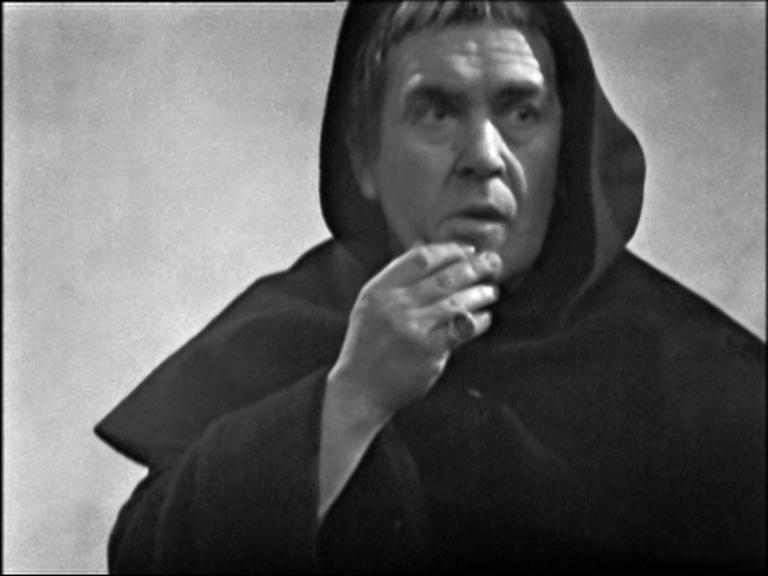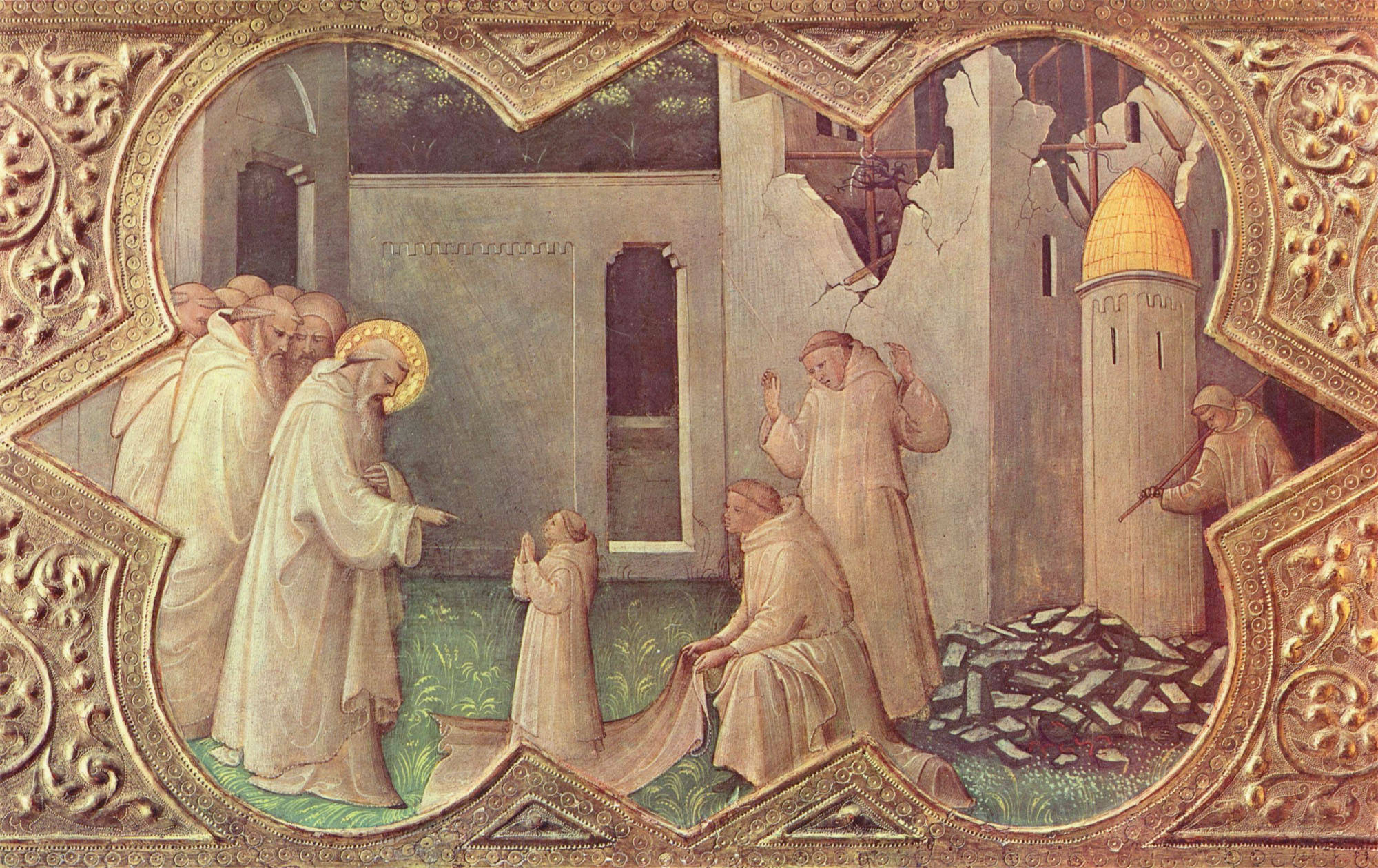How to Be a Norwegian Viking Monk

Before you choose to dress up like a monk during the age of the Vikings, keep one thing in mind that these poor religious minions were in for a long and rough ride during the Viking Era and most of them were killed.
Back in 793 AD, the monks residing on the island of Lindisfarne, which is off the northeast coast of England, were very shocked by the arrival of some unknown and very violent raiders from the sea. These monks’ rendezvous with these people was the first sighting of the Vikings in the area which resulted in the last and the biggest exodus of people from Scandinavia which is actually the home of the Goths and the Vandals.
People in Britain had never before been on the receiving end of a terror from a pagan and barbaric race and never did the monks thing that an unfamiliar race will come so far to their shores. Vikings on their part, believed in gods. Some of the famous gods during the time of this civilization has been mentioned in the Norse mythology. The most popular god of the age was Thor, who has been pictured as a god who pursued his foes in an unrelenting manner with the thunderous Mjolnir hammer in his hand. Sif is Thor’s wife.
Another god, Odin has been described in detail by the Norse monks who famously hung himself on the cosmological tree of Yggdrasil in a bid to gain knowledge of the runic alphabet.
Now if you are still so keen on dressing like a monk living in the times of the Vikings, well it’s your choice. During these times, each Medieval monk had two tunics, two cowls, a scapular, shoes and stocking. The famous Benedictine monks’ dress was different from those of the Cistercian monks. The colour of their dresses was either greyish-white or brown, something that many movies of this age have depicted frequently.
Instructions
-
1
The Benedictine monks wore a tunic that was tied around their waist with either a cloth or a leather belt.
Image Courtesy: historymedren.com

-
2
Over their tunic, they used to wear a scapula which is basically a garment with a long wide piece of woollen cloth that goes up till the shoulders, with an opening for the head.
-
3
A cowl (usually hood worn) was attached to the scapula
-
4
In order to impose suffering on themselves, some monks even wore hair shirts under their habits.
-
5
Some monks would even go as far as crossing a chain around their necks.







